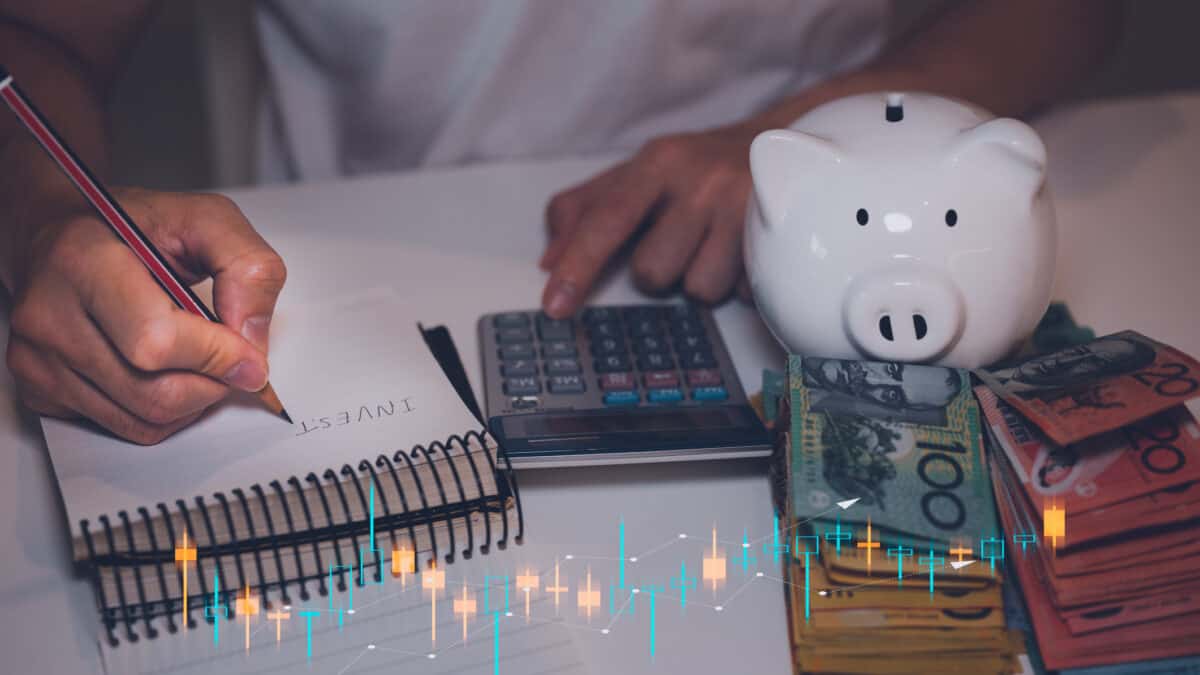One of the smartest things ASX shares investors can do is learn from the mistakes of others.
The odds are we're all going to stuff up in similar ways when making investment decisions, especially when we're new to the game.
The Fool has a complete guide to buying ASX shares for beginners, and in this article, we're going to hear from a few professional investors about what they have learned over many years of trading.
In a blog published on the ASX, they reveal what they wish they'd known before starting investing.
Invest in quality ASX shares, ETFs and other securities
Arian Neiron, CEO of VanEck Asia Pacific, an issuer of exchange-traded funds (ETFs), says buying quality ASX shares, ETFs and other securities should be the primary goal of every investor, and this requires thorough research.
Company fundamentals become critical when the tide turns [the market falls].
Investors need a strong reason why they invested in a company in the first place, and to be able to 'stress test' their thesis [when things don't work out as you expect].
Take the money and run on speculative investments
Neiron recommends keeping speculative companies "as satellite positions rather than in the portfolio core", and taking profits when it is sensible to do so.
For speculative investments that go on a momentum run, I also learned to take profits.
Investors can really fall in love with an investment, but they need to know when to fold and move on.
Don't be overwhelmed by choice
Ord Minnett Private Wealth Advisor Vera Lin says it's easy for new investors to suffer "decision fatigue" given there are so many investment choices available to them.
On the ASX alone, investors can buy many types of securities, including individual ASX shares, ETFs, listed investment companies (LICs), shares options and so much more.
Over the years, I've learned that investing is much simpler than many people realise and that there are lots of good investment experts and advisers out there who can help you.
Keep it simple, stupid (the KISS principle)
Lin also advocates keeping your investment strategy simple.
I fancied myself as an analyst and an economist when I started investing.
I was trying to pick stocks, predict macro changes, and time the market, only to realise that approach is so unnecessary and unsuccessful for most people.
Start investing in ASX shares and other securities early
Caroline Gurney, CEO of Future Generation, wishes she had become serious about investing earlier.
Hindsight is a wonderful thing, but had I known about the power of compounding returns over years and decades, I would have invested more and spent less, and started my investing journey earlier.
Educate yourself
New investors need a commitment to education, but this does not have to be arduous, says Gurney:
Even simple things like reading your annual superannuation statement or reading the quarterly report from a fund you invest in can make a big difference to your market knowledge.
Consider your personal values
Future Generation has two philanthropic LICs trading on the ASX. Gurney suggests that new investors consider their personal values when building an investment strategy.
Looking back, I didn't think enough about my personal values when I began investing and thought philanthropy was something only for wealthy people.
I didn't realise that investors, large and small, can potentially build wealth while helping others at the same time through listed philanthropic funds.
Another popular values-based investment trend today is environmental, social, and corporate governance (ESG) investing, whereby investors favour ASX shares or ETFs that represent companies actively seeking to reduce their carbon emissions, or whose businesses are less harmful to society or the environment.









